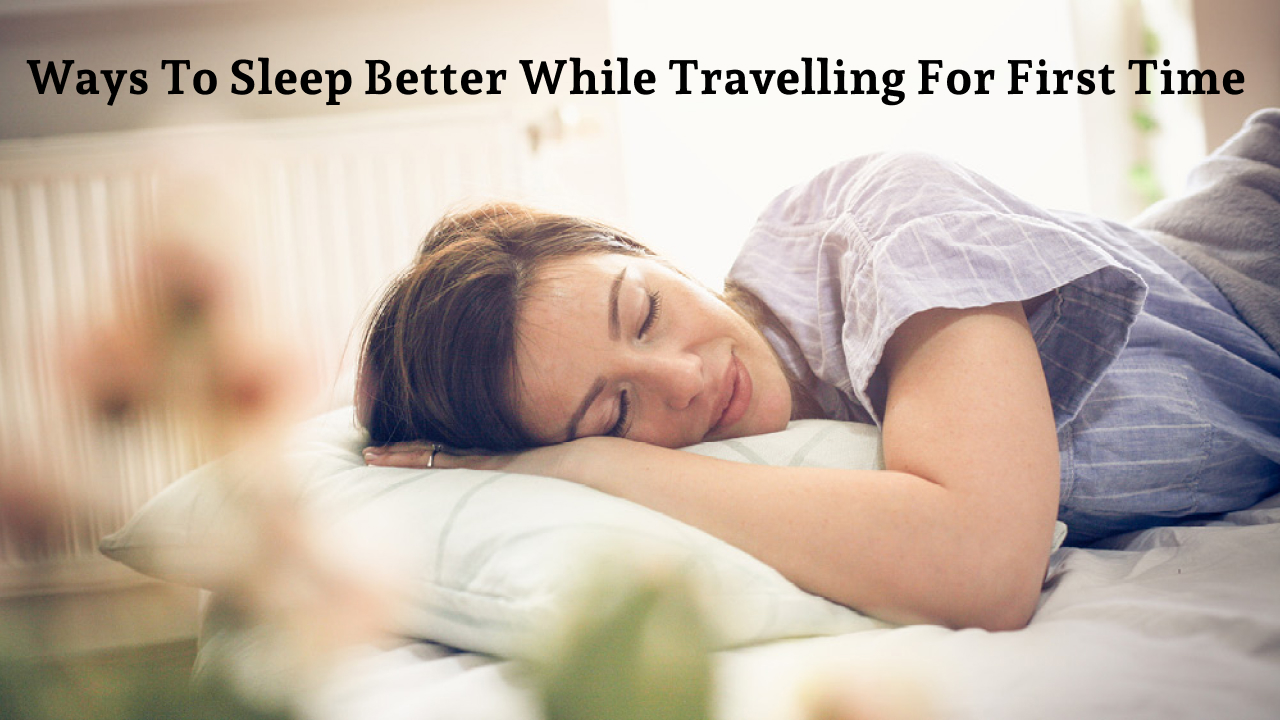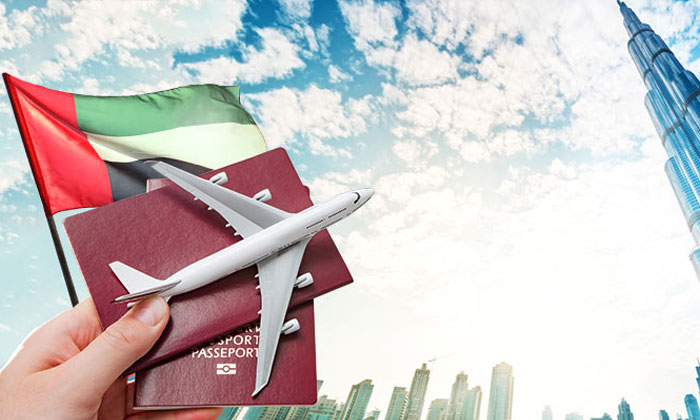Whether commuting on job or traveling on a holiday, sleeping poorly can be tiresome both physically and mentally, especially when on a road trip, or when travelling on an overnight flight after which when you wake up, you feel groggy, drained, and cranky. However, one can avoid all these, when you know what is disturbing your sleep, and how can you fix that.
Factors Affecting Sleep During Travel
Travel Fatigue
When on a vacation, stress is bound to take over physically and mentally, which in simple terms is termed travel fatigue. Travel fatigue might give headaches, heading over to lost sleep, with the general discomfort setting in.
Here is how travel fatigue sets in:
-
Traveling or flying fear
-
Stressing over logistics, timing, and packing
-
Paranoia over anything encountered during the trip
-
Motion sickness or nausea
-
Long term travel
-
Travel delays
-
Inability to sleep when in motion
-
Respiratory, constipation, bloating, and dehydration, caused by pressure inside the airplane cabins
-
Interruptions during travel in terms of water and food
Jet Lag
Jet lag is a sleep disorder when switching between time zones. As soon as you arrive at your destination, you need to adapt to the time zone just as you are about to start off. Feeling out of synch with your current time zone is quite natural in this case and this holds true for flying long distances.
Jet lag symptoms are way too many with the likes of malaise, gastrointestinal issues, fogginess, and fatigue, until jet lag lasts for a few weeks. It is worse when travelling across a huge distance, especially when spread across time zones.
Changes to Schedule
Changing regular schedule mean changing when you eat, or sleep can be immensely disruptive to your body and mind. This is especially difficult when you want to feel fully rested and present.
New Place New Settings
Simply being in a new environment hamper both the relaxation and sleep. It has been proven in sleep studies whether you have heard it or not. Unfamiliar environments do impact the sleep negatively even if you are at a very comfortable place like a resort or a spa. Usually, within the first night, it will start getting better.
How to Handle Sleep When on Trips?
-
Reduce stress beforehand as you prepare for the trip in a compressed yet stress-free manner, as anxiety can make you lose sleep.
-
Plan to make sure you get to sleep through a multi-day journey, as you tend to plan a stay at a hotel or with relatives.
-
Dress for the occasion and the best way to do so is go for loose-fitting clothing that you can move in with some layers to wear upon in case if it gets cold and you need to warm up.
-
Find a good position to relax in when trying to sleep, as control over your posture is technically not possible, so be as reclined as possible, while avoiding positions that create further tension.
-
Bring things that help you have better sleep such as blankets, earplugs, headphones, and sleep masks to block out noises and lights.
-
A makeshift pillow or even a normal pillow when packed can roll up to make a pillow for yourself, with head support will help you relax a great deal.
-
Staying hydrated mean drinking water whether before travel, during travel, and after travel helping body stay resilient through traveling transitions.
-
Eating foods tend to fuel and nourish you, especially when you feed yourself well. Avoiding heavy foods is good if in case you do not want to feel fatigued or get weighed down.
-
Caffeine and alcohol intake do play a crucial role in knocking your sleep off track and so it is better not to drink too much of either.
-
It is advisable to move your body and have a conscious effort to lightly exercise, stretch, or move, whenever possible as you go through a long period of inactivity, hurting your body and in turn throwing off your sleep cycle.
-
Sleep strategically and that too three days before scheduling to travel, so that you start to be moving your bedtime an hour earlier than what you would normally do. As you go ahead, add another hour next evening, add another on next day, so on and so forth. It will usually take under 24 hours to get used to the time zone so that your body adjust, helping you with ease during the transition.
-
Local schedule is what you must set yourself in. If landing in the middle of the day, sleep on the plane to the fullest. If night landing is what it will take, remaining awake on plane is wise, while completing your sleep after reaching your destination.
-
Abide by the two-day rule by keeping up with your own schedule, if in case you are staying for lesser than a couple of days. As soon as your body think of adapting, it is time to come home, and so execute any obligations or meetings happen during peak waking hours whenever possible.
-
Whenever the flight lands, bring sunglasses to minimize the exposure of light. It is better and even preferable getting on the exposure towards light both in the morning and afternoon, so that the rhythm shifts whenever destination’s time zone is closing by.
-
Recalibrating the clock is what you should be aiming for, being closer to bedtime at your destination. If travelling at any given place, try to aim for light exposure in the early evening. Once you are in tune with the destination, start eating outdoors or went out on a week, which would function your cycle.
-
Constantly move your body around when all set and beginning with the day, for which it is advisable to start taking a warm shower, as you head outside for exercise, signalling body that it is time to get going. This makes it increase core body temperature to act as a trigger for your routine rhythm.
-
Melatonin intake can be beneficial as natural levels of the hormone melatonin tend to see a rise right before two hours of going to take rest. If traveling, there is a little nudge required before you plan to take rest. Melatonin being available as a non-prescription sleep aid can be take in dosage of 10 milligrams to get good sleep.
-
The aid is helpful in producing melatonin naturally, when the schedule is off. However, it is not a sure shot cure of jet lag. So, better take during the day for resetting the internal clock for tracking schedule.
-
Taking over-the-counter sleeping pills is so critical when travelling. Most of the over-the-counter medications have a half-life and that too for long time, which means lingering around in the body. This leaves feeling groggy the next day, and whenever used sparingly, it is better to have an intake of anti-anxiety medications whenever flying but ensure that such drugs do cause sedation as well.
Every Person is Different, with a Difference in Each Trip!
Some things that work for you in a particular scenario might not work for others in same or different scenarios. This is due to the sensitivity of different people towards different things. It is best to go through all these travel tips for sleeping as your travels tour guide to conquer your travel.





